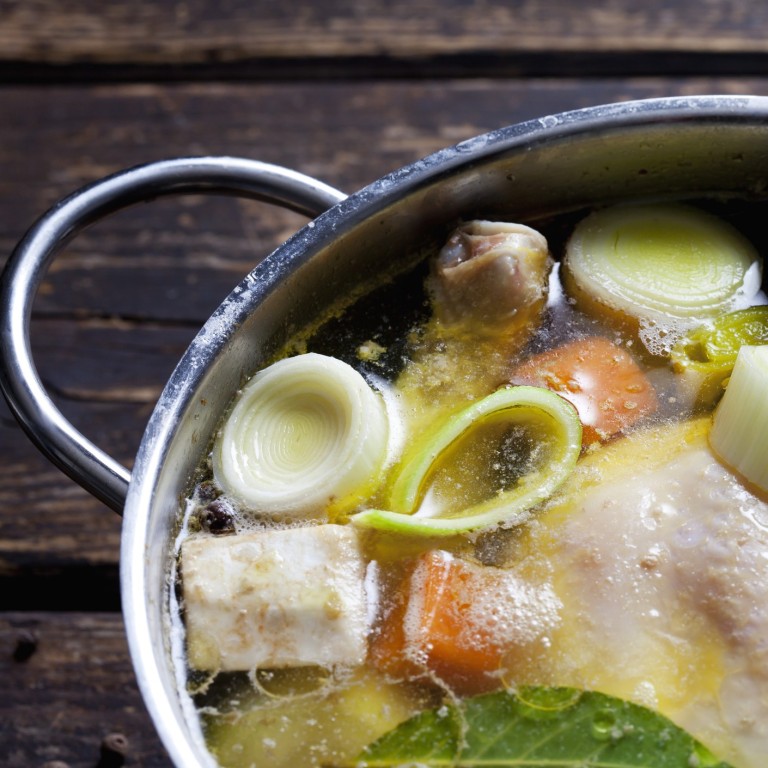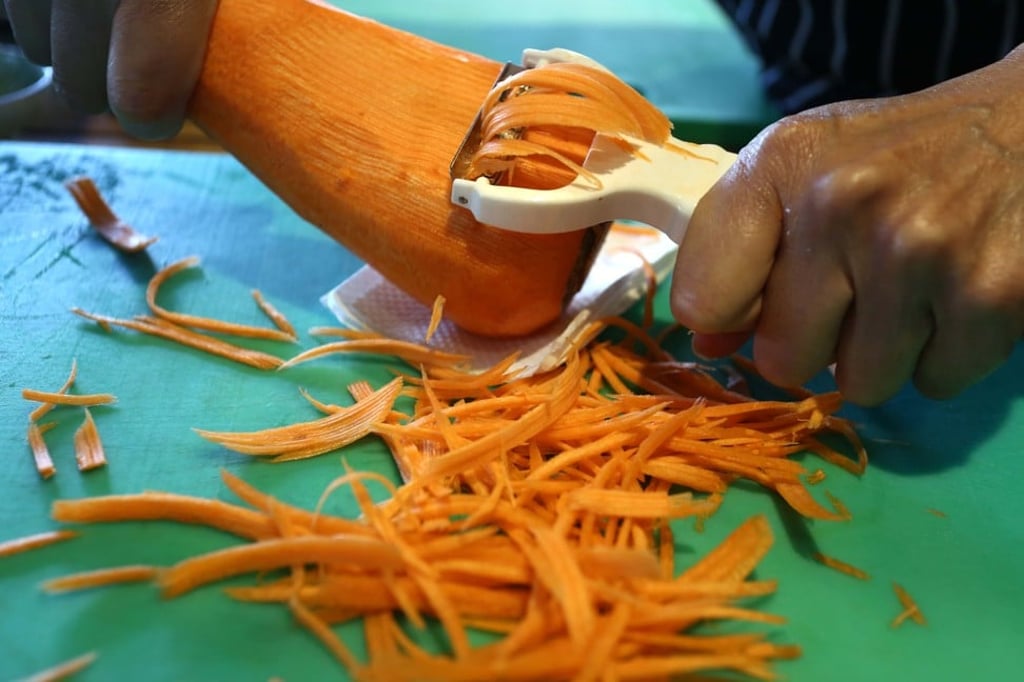Does chicken soup really help when you are sick? And is organically-farmed or free-range meat any better for you than supermarket-bought birds?

Cultures from Asia to the Americas believe chicken soup to have health-giving benefits, but is there any nutritional basis to this old wives’ tale?
Chicken soup has long been the go-to comfort food in cultures from the Americas to Europe and Asia. And when feeling run down with a cold or flu symptoms, we turn to chicken soup for a pick-me up. Our parents and grandparents swear by the health benefits of the warming goodness of chicken soup, but where does this old wives’ tale of it having health benefits come from?
Wild chickens originated in northern China some 12,000 years ago, and were domesticated in Southeast Asia 5,400 years ago, and then taken westward to Europe. The origins of chicken soup are not as clear but history links it to the domestication of the fowl in India or Southeast Asia.
But does chicken soup really have help benefits, or is it just another old wives’ tale?

“Carrots contains beta-carotene, a phytochemical which converts into vitamin A in the body. Vitamin A is also an antioxidant that may help support the immune system. In addition to carrots, beta-carotene can also be found in orange vegetables such as sweet potatoes, pumpkins and butternut squash, and in dark leafy greens such as spinach. To add more nutritional value to your chicken soup, consider adding a variety of beta-carotene rich vegetables,” says the Canadian-based dietitian.
“Garlic does not only enhance the soup flavour, it also contains antioxidants, which may help fight bacteria. Some research suggests that eating garlic may prevent colds but more research is needed,” she continues. “Whether you are sick or not, water is an essential fluid for overall health. It keeps the body hydrated and helps transport and absorb water-soluble B vitamins, which play a role in the immune system. When you are feeling ill, staying hydrated is vital so the symptoms do not worsen. In other words, if one drinks the fluids from the chicken soup, they will also be getting the nutrients from the ingredients.”

However, it has often been said in Traditional Chinese Medicine (TCM) circles that chicken is not good if you have a cough, but Gianna Buonocore, a registered TCM practitioner specialising in acupuncture at Hong Kong’s Integrated Medicine Institute (IMI), says, “There are generally two types of cough – productive (wet) and dry, and both are due to weakened lungs. Our lungs open up to the exterior and are our defensive or immune system.


